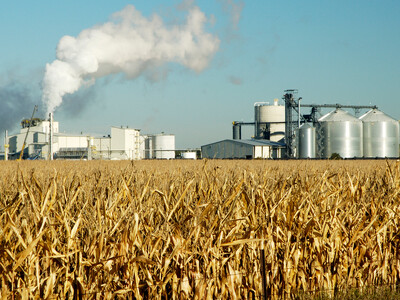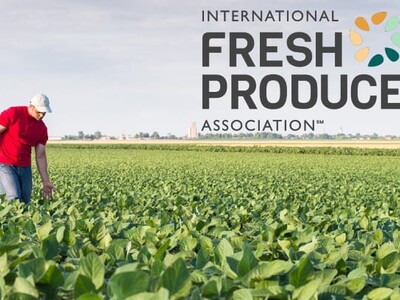2-27 IAN Induced Defense
The University of Idaho, Certis and the Northwest Center for Alternatives to Pesticides are all collaborating in the use of induced resistance as part of an IPM program for disease management in potatoes. Under the research microscope is Bacillus mycoides isolate J (BmJ), a naturally occurring soil bacterium. It was discovered in sugar beets, where it induced the defense response system without causing disease. Since then, BmJ has been shown to induce disease resistance in a variety of crops.Here is Jennifer Miller from the Idaho Aberdeen Research & Extension Center: “We promote alternative practices and sometimes those include the new biological controls which are classified by the EPA as pesticides under the bio pesticide category. Bacillus mycoides is a bacterium that is naturally occurring in soils and can be sold as the spore of that bacterium and induces the plant’s natural defense system. The EPA classifies it as a bio pesticide. In this case it is against diseases so in a way it almost tricks the plant into thinking that a disease is present and so it beefs up its natural defenses and its ability to chew up fungal invaders and produce changes at the cellular level that prevent the further growth of the disease causing organism. While it tricks the plant into doing that it does not actually cause disease itself so that when the real pathogen appears the plant has boosted its natural defense and can fend it off.














